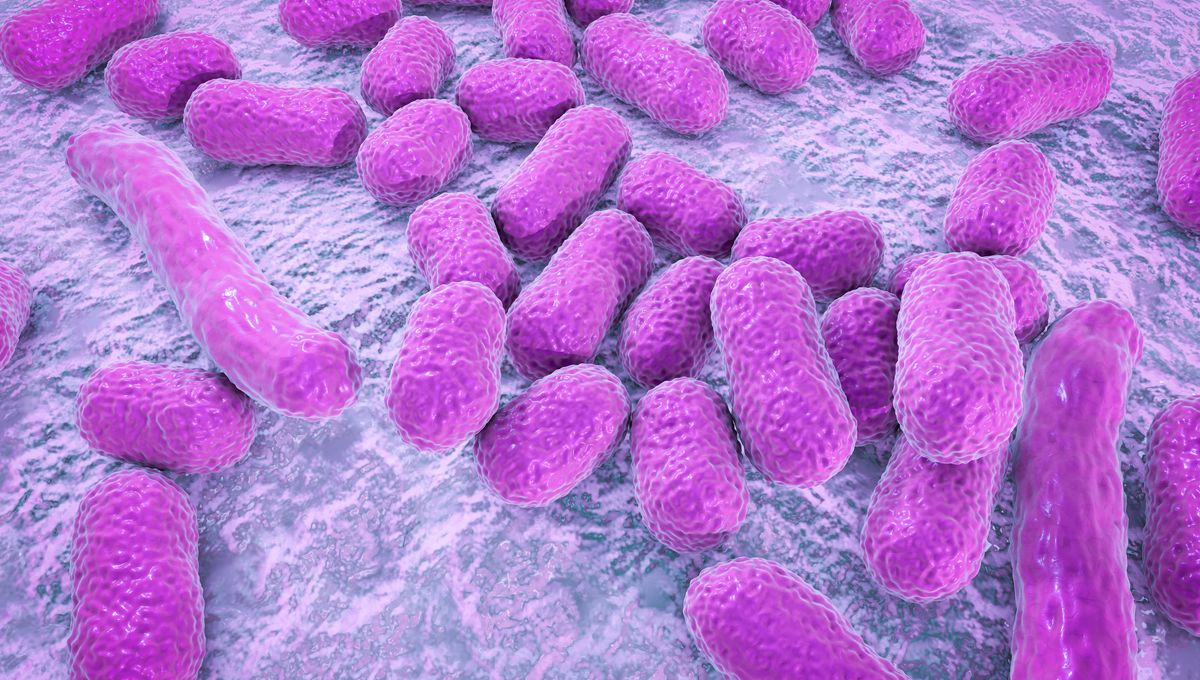
An antibiotic belonging to an entirely new class of drugs has been discovered, and it has already shown promise against one of the greatest bacterial threats to human health. Clinical trials have begun, and if they go well, it could mean the addition of a much-needed new tool to our antimicrobial arsenal.
The antibiotic, identified by Claudia Zampaloni, Patrizio Mattei, Konrad Bleicher, and colleagues, has been named zosurabalpin, and the excitement comes from experiments in the lab and in mice that show it can target a highly drug-resistant strain of a bacterium called Acinetobacter baumannii.
The carbapenem-resistant strain of A. baumannii, nicknamed CRAB, has been identified as a priority 1 critical pathogen by the World Health Organization. The bug is impervious to nearly all antibiotics, and resistant individuals in a population can share their protective genes easily with the other bacteria around them.
CRAB is of particular concern in healthcare settings. People most at risk of infection include those with indwelling medical devices like catheters, those who are in intensive care or who have to stay in hospital for a long time, and those recovering from surgical wounds. When someone does get infected with CRAB it’s extremely difficult to treat, which is why new drugs are so desperately needed.
A. baumannii is a Gram-negative bacterium. Other notable examples of this class of bacteria include Pseudomonas aeruginosa and everyone’s favourite model organism, good old Escherichia coli. They’re notoriously difficult to kill, thanks to their outer membrane composed of lipopolysaccharide (LPS). Many antibiotics can’t get through this protective shield – so, if you want to get at a Gram-negative, you really need to be targeting the LPS.
Zosurabalpin does just that. As detailed in a second published paper, it stops LPS from reaching the outer membrane in the first place by messing with the transport mechanisms that move the LPS to the correct place in the bacterial cell.
“Surprisingly, this new class of antibiotics binds both to the transport complex as well as the LPS itself, preventing its transport to the outer membrane,” explained Kenneth Bradley, Global Head, Infectious Disease Discovery at Roche Pharma Research & Early Development, in a statement.
“Consequently, the LPS remains trapped in the inner membrane complex. Without the ability to transport LPS the bacteria die.”
This means the new drug can get around the defenses that CRAB has developed to other medications, but the scientists caution that more research is needed to investigate whether the wily microbes might one day be able to develop resistance to zosurabalpin too.
This discovery could potentially lead to novel treatments for other Gram-negative pathogens, which also target the LPS transport system. As just one example, P. aeruginosa led to an estimated 32,600 hospital-acquired infections in 2017, and it too is becoming more difficult to treat. In a Nature News and Views article accompanying the recent studies, Morgan K. Gugger and Paul J. Hergenrother pointed out that it’s been over 50 years since the US Food and Drug Administration approved a new antibiotic for use against harmful Gram-negative bacteria.
Clinical trials for zosurabalpin are already underway. The road from lab experiments to clinical use of a new drug can be very long, but there’s still some hope that this discovery could represent a turning point in the fight against one of the greatest challenges facing humankind today.
The two studies are published in Nature, here and here.
Source Link: New Antibiotic Discovery Shows Promise Against Highly Drug-Resistant Bacteria